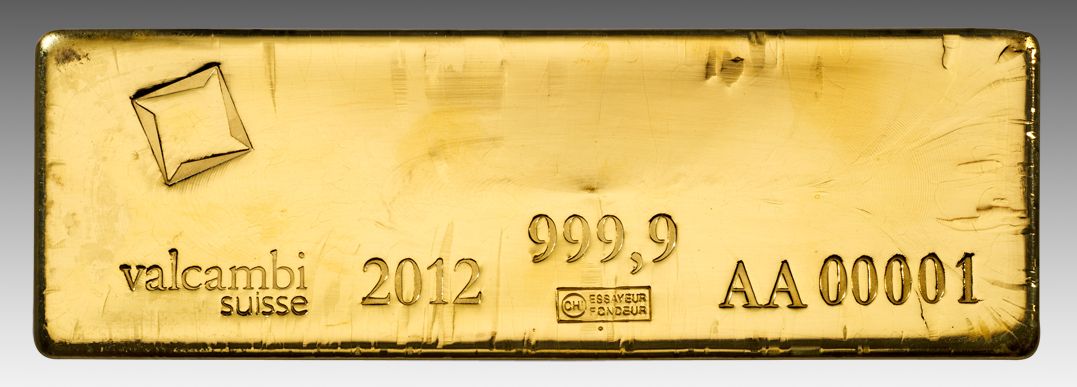Investing Framework

General Questions
- What is your risk tolerance?
- How much do you need to set aside for expenses each month?
- How much is left over after expenses are paid?
- How much are you investing currently?
- What is your current asset allocation?
- What are your investment goals?
- What is the longest period of time you'd be willing to wait before taking your money out of your portfolio?
- Any immediate (short- to mid-term) liquidity needs?
- Do you have an emergency fund? How many months would it cover?
Asset Allocation Questions
- Do you own any stocks? Do you pick stocks or buy indexes (or both)? What markets, segments and sectors are you invested in?
- Do you own any bonds? (Pick or Index?) What kinds of bonds do you own?
- Real estate?
- Precious metals?
- Bitcoin (or other digital currencies)?
- Commodities?
- Art?
- Other Alternatives or Derivatives?
Disposition Questions
- Have you ever bought a stock (or other asset) on a tip from a friend, popular investing website or other personality?
- Do you like reviewing financial statements, earnings data, and other fundamental information of individual securities (i.e. stocks)?
- Have you ever studied a price chart?
- Imagine you invested $10,000 into a fund or stock and it subsequently went down 10% over the next 2 weeks. How would you feel? (What if it went down 30%?)
- What does the term diversification mean to you and is it important?
- What is the largest percentage of your net worth that you've ever had invested in any single security or asset (be it a house, a stock, an index, or an asset class in general; e.g. bonds)?
- What does the term risk mean to you as it relates to particular investments or investing in general?
Self-Reflection Questions
- On a scale of 1-5, 1 being VERY EASY and 5 being VERY DIFFICULT, how difficult was it for you to answer the questions listed above? (1=VERY EASY, 2=EASY, 3=MODERATE, 4=DIFFICULT, 5=VERY DIFFICULT)
- Did you need to look up the meaning of any words or ask anyone for help in order to answer any of them? (0=NONE, 1=SOME, 2=MANY/ALL)
- Did you know (offhand) all of the information relating to your current expenses, emergency fund, and current portfolio? Or did you need to look up some of this information? (0=I KNEW IT ALL, 1=I KNEW SOME, 2=I KNEW LITTLE/NOTHING OFFHAND)
Self-Classification of Expertise
From the self-reflection questions, give yourself 9 points to begin.
- (#1) Subtract from your starting tally the number you gave as an answer to the first Self-Reflection Question. (If you answered 4, meaning "DIFFICULT", for #1, then your new point total would be: 9-4=5.)
- (#2) Subtract from your new total the value from Self-Reflection Question #2 relating to knowing word meanings. (If you answered 1=SOME, then subtract this from your previous total; i.e., 4-1=3.)
- (#3) Subtract from your current tally the value for your answer from Self-Reflection Question #3. (If you answered 2=I KNEW LITTLE/NOTHING OFFHAND, then your new total would be: 3-2=1.)
Take your final points total and find your expertise level below:
- 0-2 points --> BEGINNER
- 3-5 points --> INTERMEDIATE
- 6-8 points --> ADVANCED
Review the sample portfolios listed in the section that pertains to your expertise level below:
BEGINNER PORTFOLIOS:
"Sixty-Forty"
- 60% VTI - US broad market stock index
- 40% AGG - US diversified bond portfolio
"Growth"
- 80% VTI - US broad market stock index
- 20% AGG - US diversified bond portfolio
"Income"
- 50% AGG - US diversified bond portfolio
- 25% VNQ - US real estate investment trust index
- 25% VIG - US dividend growth stock index
INTERMEDIATE PORTFOLIOS:
"Inflation Hedged"
- 60% VTI - US broad market stock index
- 30% AGG - US diversified bond portfolio
- 10% PHYS - Sprott physical gold bullion trust
"More Growth"
- 60% VOO - US S&P500 stock index
- 20% IJR - US small cap stock index
- 20% AGG - US diversified bond portfolio
"Advanced Income"
- 35% AGG - US diversified bond portfolio
- 25% VNQ - US real estate investment trust index
- 25% VIG - US dividend growth stock index
- 15% MUB - US municipal bond fund (income tax free)
Advanced Portfolios
"Asset Allocation"
- 30% VTI - US broad market stock index
- 10% VEA - Ex-US developed broad market stock index
- 10% EEM - Emerging market broad market stock index
- 10% VNQ - US real estate investment trust index fund
- 10% SCHO - 1-3 year duration US treasury bond fund
- 10% SPTL - 20+ year duration US treasury bond fund
- 10% COM - Commodity futures active 'long/flat' fund
- 10% GBTC - Grayscale physical bitcoin trust
"Trust Minimized"
- 50% SPY - US S&P500 stock index (UIT structure; no securities lending) - Get physical paper shares from your broker if you desire
- 20% Real Estate - Rental Properties and/or Farmland
- 10% Art
- 10% Gold and Silver Bullion
- 10% Bitcoin
"Risk Dispersion"
- 40% VT - Global broad-market stock index fund
- 20% Bitcoin - Stored in an offline, cold wallet
- 20% TLT - 20+ year US treasury bond index fund
- 10% RORO - Tactical rotation ETF (swaps between long-bond and small-cap stocks based on Gold/Lumber ratio, weekly rotation)
- 5% PHYS - Sprott physical gold bullion trust
- 5% PFIX - Interest rate hedge ETF. Goes up when long duration bonds go down sharply (pushing rates up).
Not investment advice. Just ideas. Do your own research.
